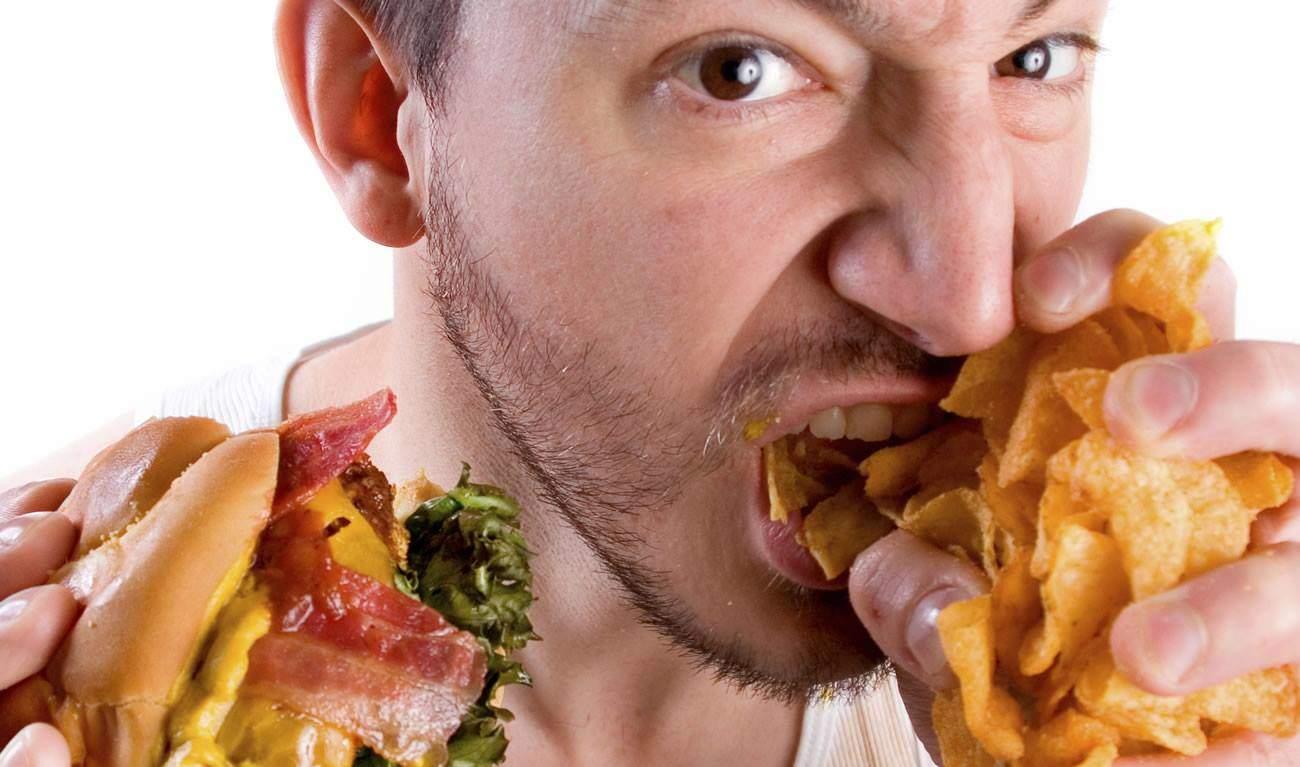Binge eating disorder is one of the most severe and life-threatening eating disorders, which is not just about eating too much. Patients suffering from this dangerous disorder may usually consume a large amount of food in a short time even when they are not hungry. More seriously, they are unable to stop eating even when they are already full. Most of them experience shame, stress, and even guilt. This article will give you more detailed information about the binge eating disorder.

Signs and symptoms of binge eating disorder
Binge eating disorder might include behavioral and emotional types. If you have this disorder, you may experience:
- Eating a larger amount of food compared to normal people in the same period of time and under the same circumstances;
- Eating a lot and quickly until you feel uncomfortably full even when you are not hungry;
- Being unable to control the amount of foods you eat;
- Having a binge frequently (at least once a week for 3 months);
- Feeling upset, depressed, guilty, ashamed after binging;
- Eating alone or in secrete.
Having difficulty sleeping, pain in muscles and joints, digestive problems can be other symptoms of binge eating.
People with this eating disorder don’t throw up, take laxatives, or exercise excessively after their overeating like people with bulimia. This may lead to other related health issues such as type 2 diabetes, hypertension, or heart disease.
Risk factors of binge eating disorder
The risk factors of having a binge eating disorder include:
- Family history. Inherited genes can be the factor of the binge eating disorder. A person whose parents or siblings experience any eating disorders is at a higher risk to have the binge eating.
- Psychological problems. People having trouble controling their feeling and emotions are more likely to have this eating disorder. Stress, depression, poor body self-image can trigger the disorder.
- Skipping meal, dieting, restricting calories may be the trigger of an urge to binge eating.
- Age. In most of the case, binge eating disorder begins in the late teens or early 20s in spite of the fact that people at any age can experience it.
- Gender. Women are more likely to have binge eating than men.
- Some people with a history of being physical abused, being alcohol-addicted are easier to have binge eating.
Take care of yourself
For the treatment of the binge eating disorder, you should get counseling from specialists and taking medications. Besides seeking medical help from a health care provider, taking a good care of yourself helps much. To get away from binge eat, it is crucial to manage the urge of eating. Yoga, meditation, and exercise can help you to get rid of the feeling of stress, depression, and feel calm. It is also advisable to learn about healthy eating from a nutritional counselor, which is very important if you have type 2 diabetes or high cholesterol.
The support from family and friends is always needed. With their help, it is easier for your to overcome the binge eating disorder.
You may also interest in:
- How to Create a New Eating Plan for a Healthy Life
- The Dangers of Speed Eating
- What Is Borderline Personality Disorder?
[embed-health-tool-bmi]


















